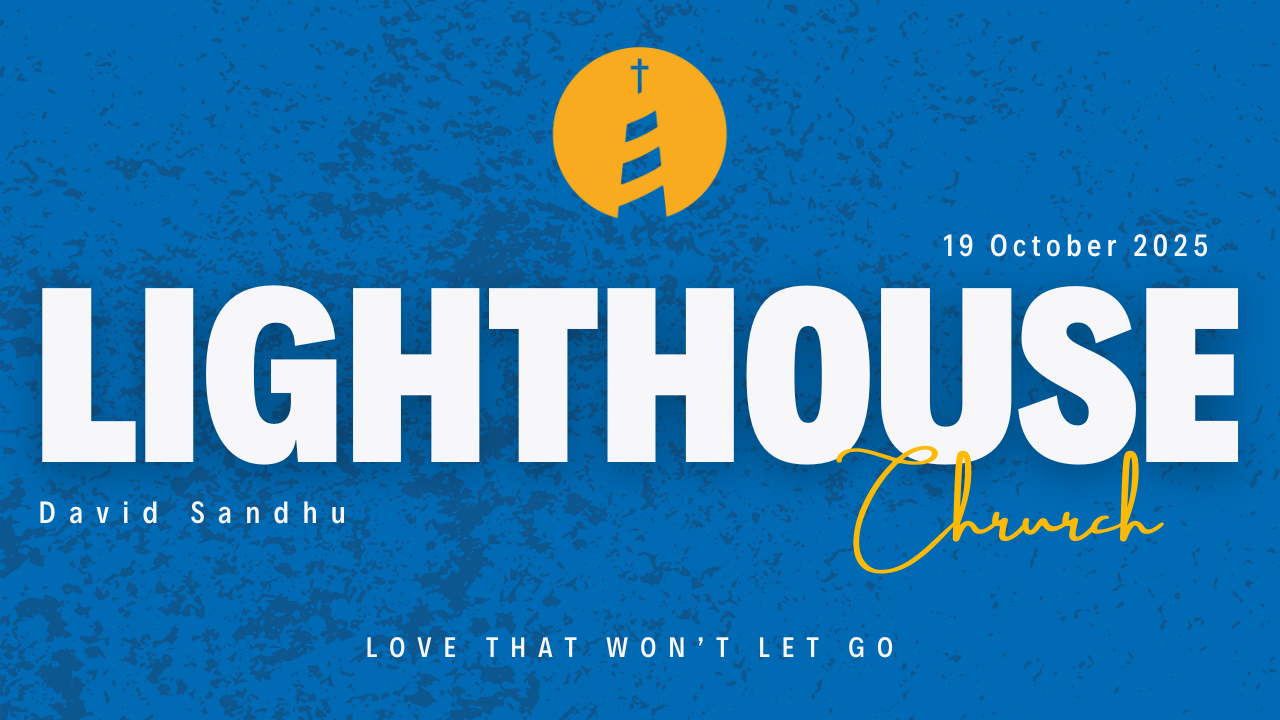In today’s message, Pastor David explores the powerful message of God’s unfailing love through the story of Hosea. Speaking from Hosea 11 and Hosea 2:19–20, he begins by explaining the historical context: Israel, though materially wealthy, was spiritually bankrupt—devoted to idols and false gods while neglecting their covenant with the Lord. Hosea, a prophet to the northern kingdom, was called by God to act out a living parable of divine love by marrying Gomer, a woman who would be unfaithful to him.
Pastor David explains that Hosea’s painful marriage symbolises God’s relationship with Israel—a people who continually turn away from Him, yet are relentlessly pursued by His love. Through this story, God reveals a love that refuses to give up, even on the unworthy and rebellious. Drawing from Hosea 11:1, he emphasises that God’s love is a deliberate choice, not a response to worthiness. Just as God loved and called Israel when they were young and unformed, He loves each of us before we have achieved anything or proven ourselves. God’s love precedes our worth. It reaches into our brokenness and calls us home even when we feel too far gone.
The second key truth is that God’s love is revealed through discipline. Using Hosea’s imagery of God leading His people “with cords of kindness and bands of love,” David explains that divine correction is never punishment or cruelty, but a gentle act of grace meant to guide His children back onto the right path. Like a loving parent who disciplines out of care, God’s correction is compassion in disguise—firm, kind, and restorative. David clarifies that this discipline should never be confused with abuse or harm, emphasising that God’s love always builds, strengthens, and heals.
He encourages us to recognise the Holy Spirit’s quiet voice as those “bands of love” tugging at their hearts, steering usback toward obedience. When we feel conviction, we should rejoice—because it proves God hasn’t given up on us.
Finally, he illustrates God’s persistent love through Hosea’s redemption of his unfaithful wife, Gomer—a living symbol of Christ’s redeeming work. Just as Hosea bought Gomer back from slavery, Jesus paid the ultimate price with His blood to bring humanity home. God’s covenant love is not cheap or conditional but holy, costly, and eternal.

